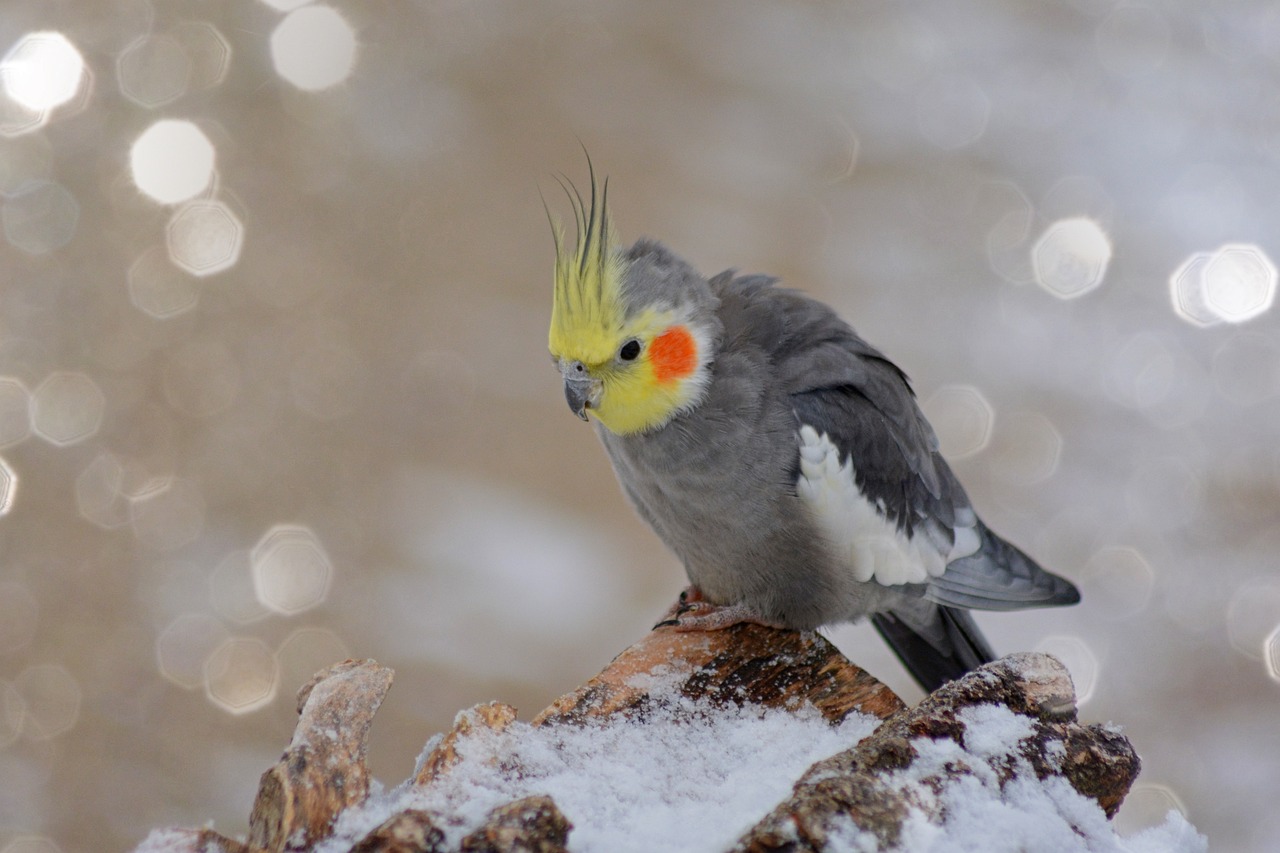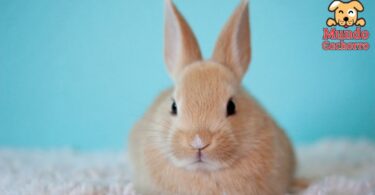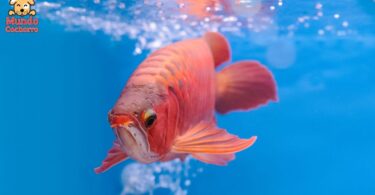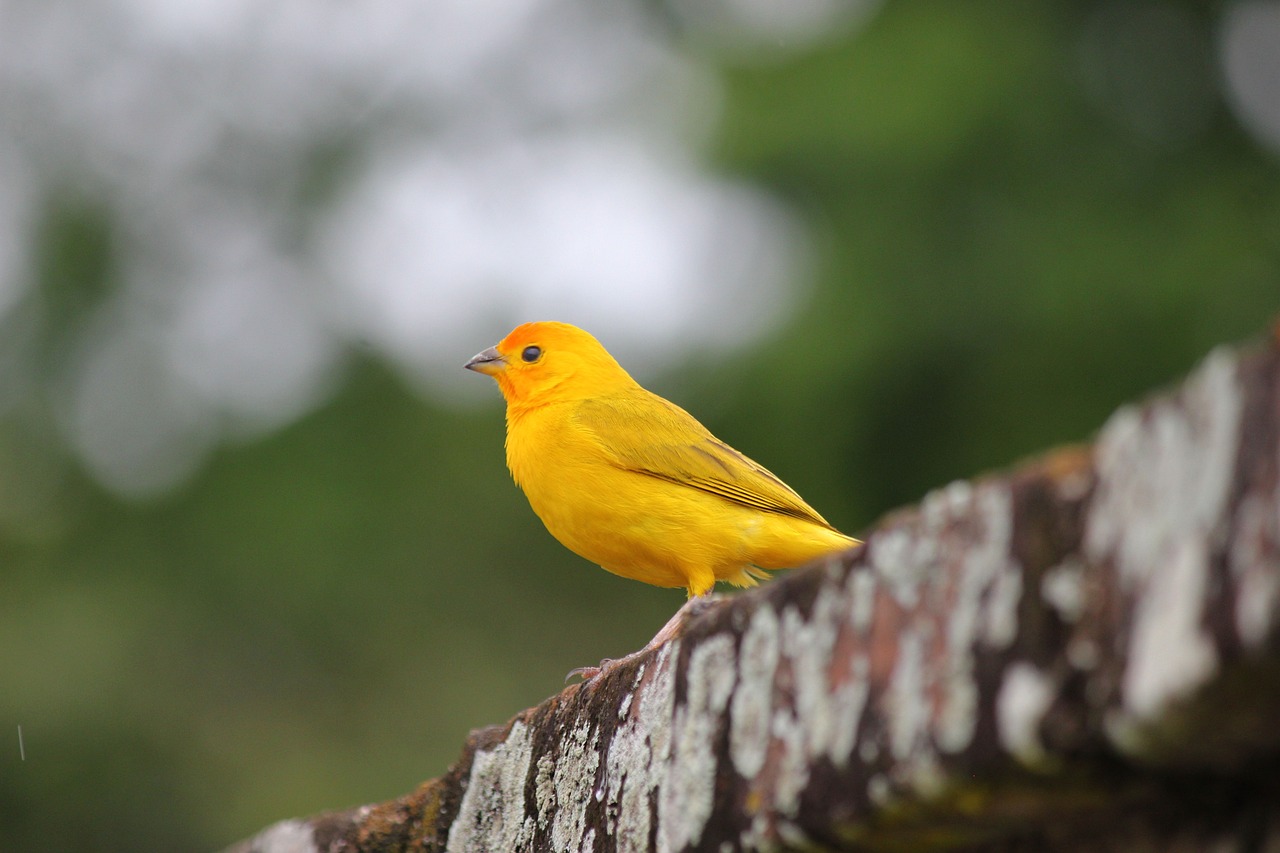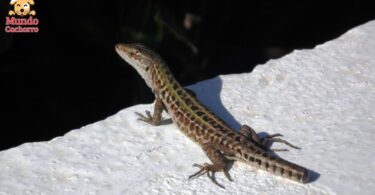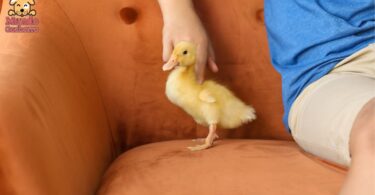Nymphs, also known as nymph cockatoos or cockatiels, are charming and popular pet birds due to their playful nature, ability to learn tricks and affectionate disposition. However, raising a nymph at home requires constant attention and specific care to ensure its well-being and happiness.
In fact, properly caring for a nymph involves not only providing food and water, but also devoting time and attention to its overall well-being. Here are some tips to ensure the proper care of your nymph.
Tips for caring for a nymph at home
- Spacious and safe cage:
Make sure the cage is large enough for the nymph to move around comfortably and spread its wings. Make sure that the bars are not too far apart to prevent the head or legs from getting stuck. Provide toys, perches and branches for exercise and entertainment.
- Balanced diet:
Offer a varied diet including nymph seeds as a base, but supplement with fresh fruits, vegetables and bird-specific vitamin supplements. Avoid toxic foods such as chocolate, avocado or apple seeds.
- Hygiene and cleanliness:
Change the water daily and clean the cage regularly to prevent disease. Remove food debris, feces and change the cage lining to maintain a hygienic environment.
- Socialization and interaction:
Nymphs are social animals and enjoy company. Spend time playing and talking with your nymph to strengthen the bond. Although they are territorial, they can coexist well with other parakeets if introduced correctly.
- Regular veterinary control:
Schedule regular visits to the poultry veterinarian for routine check-ups and vaccinations. Watch for signs of illness such as untidy plumage, loss of appetite or abnormal behavior.
- Time out of the cage:
Allow your nymph to fly in a safe area of the house under supervision to exercise and stay active. Be sure to close windows and doors to avoid accidental leaks.
- Training and education:
Through positive training, you can teach your nymph to perform simple tricks or to return to its cage when necessary. Use rewards as prizes to encourage desired behavior.
- Adequate environment:
Maintain a constant temperature in the room where the cage is located, avoiding drafts and sudden temperature changes. Provide natural or artificial light during the day and make sure it has enough hours of darkness to rest at night.
Commitment and attention
Each nymph has its own personality and rate of adaptation. Respect their space and be patient in establishing trust. Avoid sudden movements that may frighten her. Caring for a nymph at home involves commitment and constant attention. Providing a safe environment, a balanced diet and attention time are key to a happy and harmonious life. With proper care, a nymph can become a cheerful and affectionate companion for many years.
Image courtesy of https://pixabay.com, all rights reserved.


